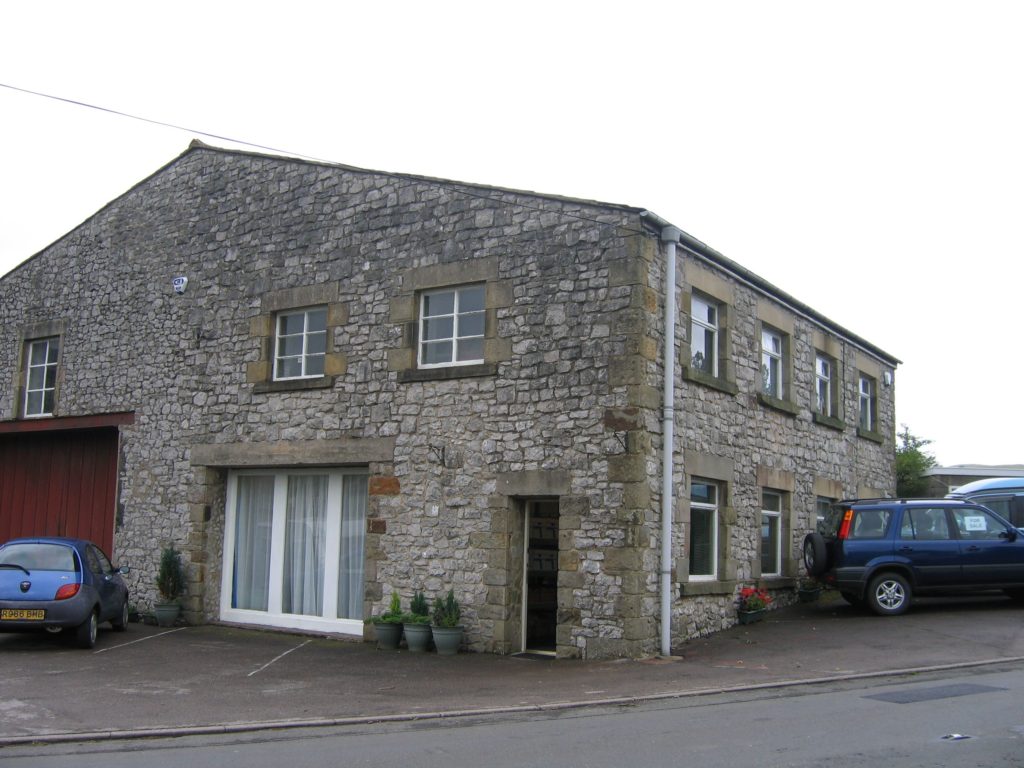Speleology (spe·le·ol·o·gy) : the scientific study or exploration of caves.
Merriam-Webster.com (2020)
Caves are pretty unique – they provide an incredible protective environment away from sunlight and rapid changes in temperature. Here, far removed from photosynthesising plants, there’s not a lot of energy to sustain life, which means that a caves contents can remain well preserved for thousands of years relatively unchanged. And the life that can survive this harsh environment is remarkable too.
This makes Caves an incredible resource for scientists. Cave archaeologists are interested in evidence of early human life in caves, cave biologists study the unique flora and fauna that underground spaces are home to, and electrical engineers work to support cavers by developing radios and other electronic gadgets that work in this unique environment.
British Cave Research Association
The BCA is proud to partner with and support the British Cave Research Association (BCRA), to encourage all aspects of cave science, including geology, archaeology, biology and others, and to fund the British Caving Library.
Hidden Earth
Hidden Earth is the name for the British Cave Research Association’s (BCRA’s) annual caving conference. This weekend-long event taking place in September every year is a friendly, educational, inspiring and social gathering of hundreds of cavers from across the UK and overseas.
British Caving Library
The British Caving Library (BCL) is a national research and reference library based in Glutton Bridge in the Peak District, staffed part time by a Senior Library Assistant. The BCL provides a valuable resource in ensuring that caving related literature is looked after and preserved. This varies from journals and periodicals, photographs, books, digital media, surveys and notes and important historical documents.
See the website for more information and to get in touch with any enquiries.

